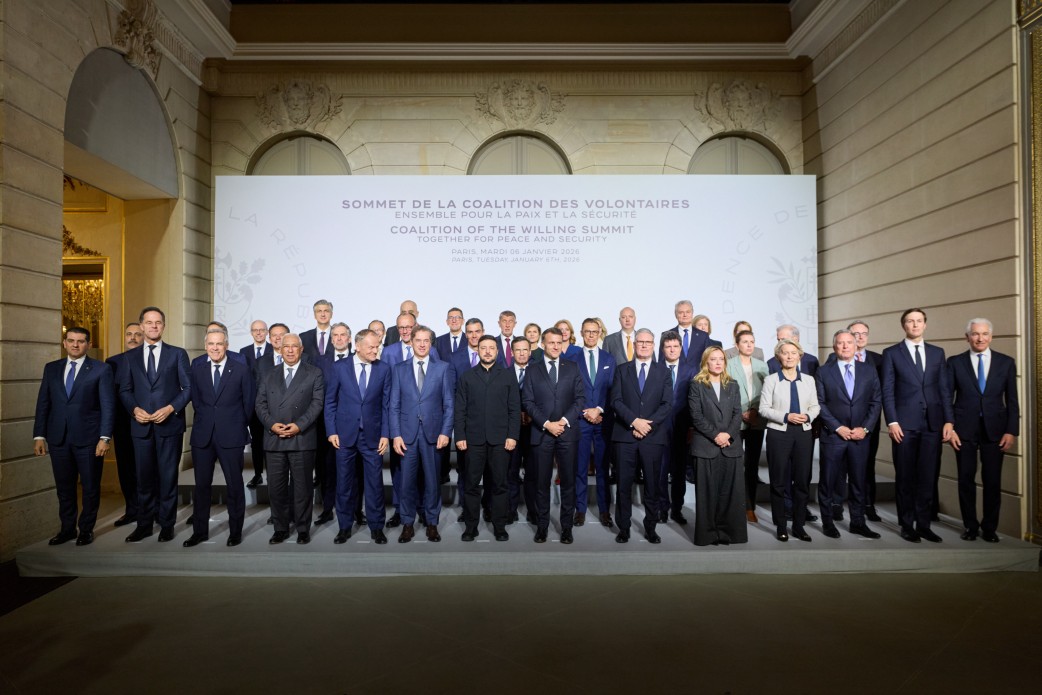Representatives of the European Business Association appealed to the President of Poland Andrzej Duda and the Prime Minister of the country, Mateusz Morawiecki, with a proposal to consider the construction of a broad-gauge line that will connect the Ukrainian and Lithuanian railway networks, as well as connect the port of Gdansk to them. According to the EBA's calculations, the implementation of the project may take up to 5 years.
The situation with the export of Ukrainian grain through the Black Sea ports has become more acute lately. Thus, due to the violation of agreements by russia, the further functioning of the “grain corridor†is in question. Given this, the European Business Association urges to elaborate the strategy and start developing alternative export routes, for example, by rail to Polish and Lithuanian ports. Namely, it is proposed to build a new railway line with a 1520 mm gauge through the territory of Poland.
The EBA representatives have already addressed President of Poland Andrzej Duda and Prime Minister of Poland Mateusz Morawiecki with the relevant proposal. It is assumed that the broad-gauge railway will connect the Ukrainian and Lithuanian railway networks, and link them both to the port of Gdansk. It is worth noting that this is a rather long process and, according to experts, it can take up to 5 years, so, in fact, that is why the business offers to think about it now.
One of the largest and closest European ports to Ukraine is the port of Klaipėda (Lithuania), which has significant free transshipment capacity and through which, according to the EBA Logistics Committee experts, the Republic of Poland also imports thermal coal. At the same time, the capabilities of the Klaipeda port are not fully used due to the difference in the standards of railway tracks between countries. In the Baltic States, as well as in Ukraine, the gauge of the tracks is 1520 mm (and in Poland – 1435 mm), so when connecting with Poland, there are difficulties with the transition of trains to the European gauge and vice versa.
Thus, the railway to Polish and Lithuanian ports can be implemented both through the reconstruction of the existing railway network and the construction of a combined gauge, as well as the construction of a separate railway branch based on the conclusions of expert organizations.
The EBA Logistics Committee experts believe that the construction of a broad-gauge railway through the territory of Poland will reduce the cost of transportation of goods and increase the mobility of passengers from all countries involved, reduce the shortage of rolling stock, simplify logistics for the Republic of Poland when importing/exporting goods from/to the Baltic States and their ports, reduce the harmful impact of motor transport on the environment, attract additional transit freight flow, which will contribute to the goals of the EU Sustainable and Smart Mobility Strategy, etc. Moreover, it will help integrate and develop railway communication with Ukraine and protect Ukraine from russian blackmail on transport corridors.
The businesses, operating in Ukraine, are determined and ready to use such a transport corridor to export agricultural goods, products of metallurgy, mining and chemical industry, construction materials, oil and oil products, and other goods from Ukraine, as well as to guarantee its use in the future.
Therefore, the European Business Association hopes that key stakeholders will consider the possibility of building such a broad-gauge railway. We are confident that the implementation of the project will provide significant positive financial and economic effects for both the Republic of Poland and Ukraine, not only by increasing export and import capacities, but also as a result of the unification of the economic space of the Republic of Poland, the Baltic countries, and Ukraine.





















